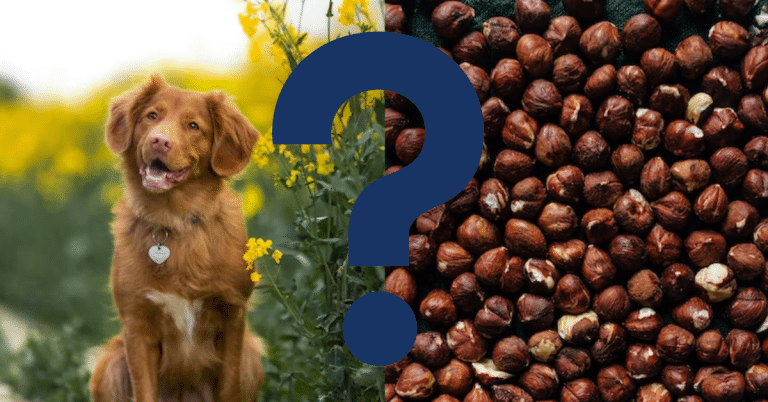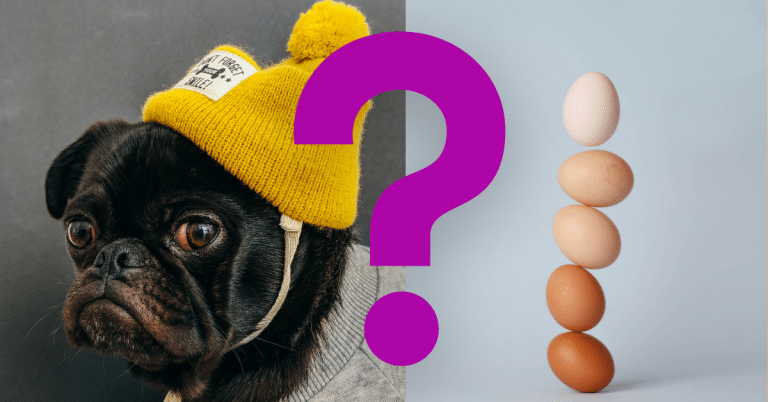Can dogs eat Broccoli? A Vet’s Opinion

Broccoli (Brassica oleracea) is a nutritious vegetable linked to cabbage, kale, cauliflower, and Brussels sprout that has either purple or, more frequently, green flower buds, but can you feed broccoli to your dog?
Yes, dogs can consume broccoli in moderation as it is a healthy veggie with vitamins, fiber, and antioxidants that can benefit your dog’s general health.
It’s essential to remember that not all dogs can easily digest broccoli. After ingesting broccoli, some dogs may experience gastrointestinal problems like diarrhea, gas, or bloating. Furthermore, broccoli should be steamed or boiled until it is soft and tender because raw broccoli can be challenging for dogs to digest. Finally, even though broccoli is usually safe for dogs to consume, you should avoid giving your dog large quantities because it may upset their stomach or even result in digestive obstruction. It’s best to talk to your veterinarian before introducing any new food, including broccoli, to your dog’s nutrition.
Now let’s find out more about your dog eating bananas!
Benefits of Broccoli for dogs
When provided in moderation, broccoli is a nutrient-rich vegetable that can benefit dogs in several ways. Among the advantages of broccoli for dogs are:
Rich in Nutrients
Broccoli is nutrient-rich and contains many good vitamins and minerals for your dog’s health, including fiber and vitamins C, K, and A.
Antioxidant properties
Broccoli includes antioxidants like lutein and beta-carotene that can help shield your dog’s cells from cellular damage by free radicals.
The health of the digestive system
The fiber in broccoli can aid dogs’ digestion and prevent constipation.
Effects on inflammation
Sulforaphane, an anti-inflammatory compound found in broccoli, may help decrease inflammation and ease symptoms of arthritis.
Support for the immune system
Broccoli’s high vitamin C concentration can help strengthen your dog’s defenses and advance general health.
It’s essential to remember that while giving broccoli to dogs can have many positive effects, you should do it sparingly and with care. Talk to your doctor before introducing new foods to your dog’s diet.
How to safely give broccoli to dogs

Dogs can profit from eating broccoli, but it’s best to introduce it to their diet gradually and in moderation. Here are some guidelines for giving pets broccoli safely:
Introduce broccoli gradually
Please give them a small quantity of cooked broccoli to see how your dog responds. Stop giving your pup broccoli immediately if they exhibit digestive problems, such as diarrhea or vomiting, and speak with your veterinarian.
Cook the broccoli
Dogs may have trouble digesting raw broccoli, so cooking it before feeding it to your pet is essential. Broccoli can be steamed or boiled until it is tender and mushy.
Chop the broccoli into small pieces
Make sure to chop the broccoli into bite-sized chunks to help avoid choking risks.
Serve your pup plain broccoli
Avoid seasoning it with salt, butter, or other canine-unfriendly ingredients.
Serve in small amounts
While broccoli can help dogs in several ways, they should only consume it in moderation. Intestinal problems like gas or bloating can result from overeating cauliflower.
Monitor any reactions
After feeding your dog broccoli, watch for any digestive upset or allergic reaction symptoms.
Consult your veterinarian
It’s essential to speak with your veterinarian before introducing any new food to your dog’s diet to ensure that it is safe for your dog to consume and that it won’t conflict with any medications or medical conditions.
Will broccoli make a dog sick?

Although broccoli is usually safe for dogs to consume, some dogs may experience digestive problems if given excessive amounts or have trouble digesting it. After eating broccoli, some dogs may experience signs like gas, bloating, or diarrhea. Furthermore, canines may have trouble digesting raw broccoli, which could irritate their gastrointestinal tracts.
It’s crucial to cease giving your dog broccoli and contact your veterinarian if you observe any indications of digestive distress or other symptoms like vomiting or lethargy. Your veterinarian can assist in figuring out whether your dog has a disease that could be the source of these symptoms or if they are having trouble digesting broccoli.
Can dogs eat Broccoli variations?
Yes, different types of broccoli can be eaten by dogs, but it’s essential to remember that some varieties may be safer and more nourishing than others. Here are some broccoli varieties that canines can eat:
Broccoli florets, broccoli leaves, sprouted broccoli
Vet’s Summary
When provided in moderation, broccoli is a nutrient-rich vegetable that can benefit dogs in several ways. It is a good source of fiber, potassium, folate, vitamin C, vitamin K, vitamin A, and other nutrients for your dog’s general health. Additionally, broccoli has anti-inflammatory and antioxidant substances that can help control digestion and ward off constipation. However, it’s crucial to progressively and moderately incorporate broccoli into your dog’s diet, give it to them cooked, and watch for any indications of digestive distress or allergic reactions. Additionally, before introducing new foods to your dog’s nutrition, speak with your veterinarian.
However, it is recommended that you add probiotics to your dog’s diet. Probiotics can help dogs in several ways by encouraging a healthy balance of gut bacteria, assisting with digestion, and strengthening the immune system. Probiotics can be particularly helpful for dogs who frequently get sick, have allergies, or have digestive problems. Choosing a high-quality supplement made especially for dogs and consulting your veterinarian before beginning any new supplement regimen is crucial if you’re considering giving your dog probiotics. Your vet can assist you in selecting the best probiotic supplement for your dog’s unique requirements and ensure that it won’t conflict with any medications or existing medical issues. It’s crucial to adhere to the suggested dosage and watch for any adverse reactions in your canine.
Videos to watch
If you are wondering what related foods are good to give your dog, watch this:
And if you want to know what a dog can NOT eat, watch this:






